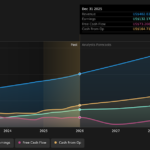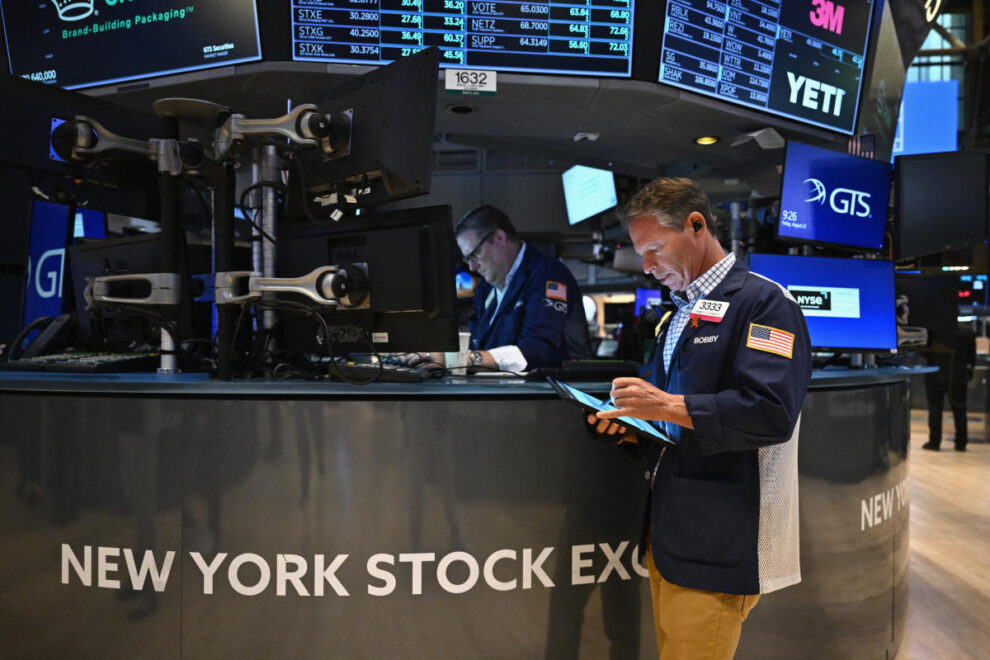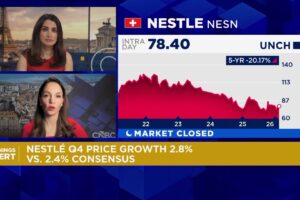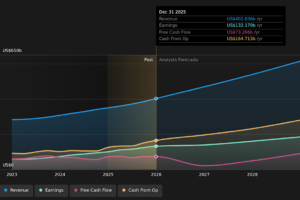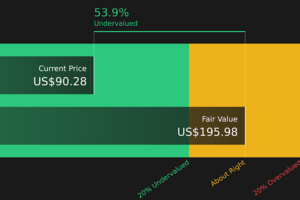A boom in share buybacks has seen a number of companies using this strategy to return money to investors and boost the value of their stock.
Tech company Microsoft (MSFT) has announced a $60bn (£45.4bn) share buyback programme, while also raising its quarterly dividend by 10%.
It isn’t the only “Magnificent Seven” tech company to announce a huge buyback in 2024, with Apple (AAPL) launching a $110bn repurchasing plan and Alphabet (GOOGL, GOOG) also unveiling a $70bn programme. Chipmaker Nvidia (NVDA) and Facebook-parent Meta (META) have announced $50bn buyback programmes in 2024.
Buybacks have also grown in popularity in the UK, as major London-listed companies such as oil major BP (BP.L) and bank Barclays (BARC.L) have launched their own buyback plans.
What are share buybacks?
A share repurchase, or share buyback, is when a company rebuys its own shares and returns funds to its investors.
The issuing company usually acquires its own stock by distributing cash to existing holders, paying the market value per share, in exchange for a portion of the company’s outstanding equity.
Read more: Bank of England bond sales could cost government almost £100bn by 2028
When a company repurchases its own shares, this reduces the number of shares held by the public.
Companies can purchase the stock on the open market or from shareholders directly.
Why do companies do this?
Buybacks became particularly popular during the Covid pandemic as the economic fallout left companies with mounting debt piles from loans and government bailouts. Repurchasing shares enabled firms to reduce debt, shore up their finances and consolidate ownership.
Share buybacks globally hit a record $1.31tn in 2022, but then dipped back $1.11tn last year, according to Janus Henderson Investors.
Meanwhile, the latest data from S&P Global Market Intelligence showed that share buybacks were nearing their lowest annual value since 2020 during the pandemic.
The aggregate value of share buyback transactions for companies trading on major global exchanges through to 9 September 2024 was nearly $164bn, down 35% on the same period last year. That figure was also even lower than the nearly $179bn in buybacks in the comparable period in 2020.
Despite this slowdown in the amount companies are repurchasing, the strategy is still popular, with data from S&P Global Market Intelligence showed the number of buybacks is up year-on-year.
Read more: Five alternatives to Mag 7 stocks if you missed out on Nvidia
There were 983 buyback transactions worldwide this year up to 9 September, up from 823 for the same period last year and the highest number since the first nine months of 2019.
In addition to shoring up finances, buybacks also provide a more flexible way of returning money to shareholders as an alternative to dividends. Public companies have a goal of maximising returns for their investors, so if a firm is generating more cash than it needs to fund its operations, buybacks are a good option for excess cash.
Share repurchases also increase the company’s equity value, and help businesses to look more financially attractive to investors.
If a board feels that its company’s stock is undervalued, buybacks are one way to solve this, and are often seen as an expression of confidence by the company.
Not only do they provide an additional exit route to shareholders when shares are undervalued or are thinly traded, but also prevent unwelcome takeover bids.
However, as they are typically financed with debt, it can sometimes strain cash flow.
How do they work?
As share repurchases cut the total number of shares outstanding, and the total amount of cash on the firm’s balance sheet, this affects several metrics used by investors to estimate a company’s valuation.
Read more: Top fund picks for self-invested pensions
Some of these metrics include earnings per share (EPS), a measure used by investors, and the price-to-earnings ratio.
Fewer shares in circulation increases a company’s EPS, and a higher EPS normally means a higher share price.
Recent share repurchases
Outside of the major US tech companies, there have been a number of buyback announcements this year.
BP launched a new buyback of $1.75bn in February, with plans to repurchase at least $14bn in shares over 2024-25.
Fellow oil major Shell (SHEL.L) also announced a $3.5bn buyback programme earlier in the year.
Barclays also shared its intention to repurchase a further £750m of its shares in August, as part of plans return at least £10bn in capital to shareholders by 2026 through dividends and buybacks.
Another bank to declare a buyback was HSBC (HSBA.L), which announced a repurchasing programme of up to $3bn in July.
European banks have also jumped on the trend, with Italy’s UniCredit (UCG.MI) initiating its €1.7bn (£1.4bn) repurchasing plan on Monday, while Swiss bank UBS (UBSG.SW) also launched a $2bn programme.
Meanwhile, UK supermarket chain Tesco (TSCO.L) also committed in April to buying back an additional £1bn worth of shares by April 2025.
Download the Yahoo Finance app, available for Apple and Android.



